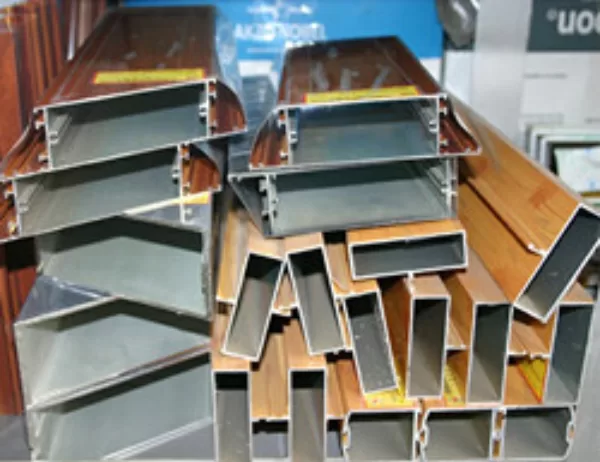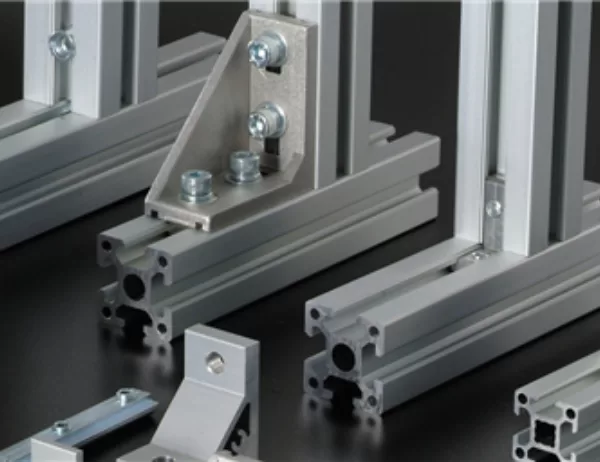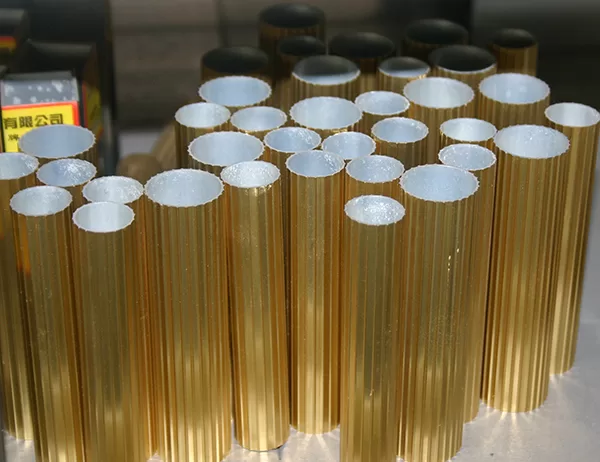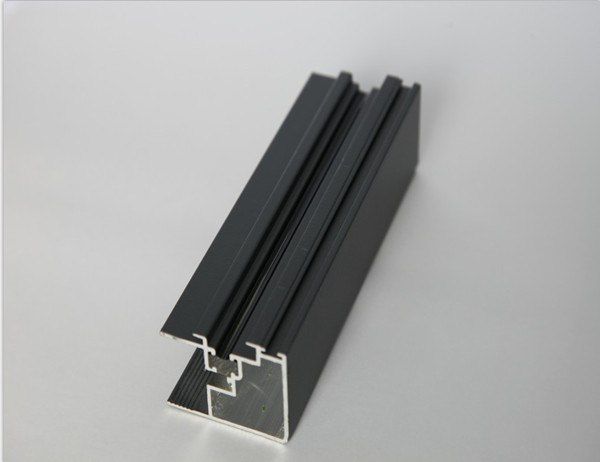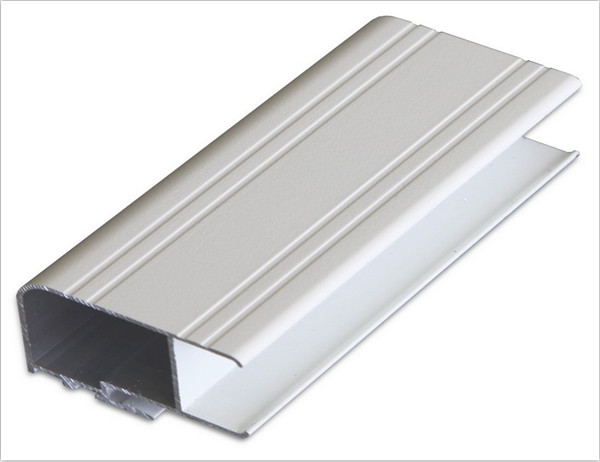Extruded aluminum pipes are widely used in various industries, including automotive, construction, and aerospace. Their strength, corrosion resistance, and durability make them an ideal choice for numerous applications. However, to ensure the reliability and performance of these pipes, rigorous quality control measures are essential throughout the extrusion process. This article delves into the critical aspects of quality control in extruded aluminum pipes, highlighting its significance and discussing the various techniques employed to achieve it.
Dimensional accuracy refers to the conformity of the extruded pipe’s dimensions to specified tolerances. Deviations from the desired dimensions can affect the fitting and compatibility of the pipes with other components, leading to potential failures or performance issues. Quality control measures such as precision tooling, accurate temperature control, and inline measurements ensure that the pipes meet the required dimensional specifications.
The mechanical properties of extruded aluminum pipes are crucial for their structural integrity and performance. Factors like tensile strength, yield strength, and elongation determine the pipe’s ability to withstand forces and deformations. Quality control involves testing the mechanical properties through tensile tests, hardness measurements, and metallurgical examinations to ensure compliance with designated standards.
The surface quality of extruded aluminum pipes is critical for corrosion resistance, aesthetics, and sealing capabilities. Imperfections such as scratches, dents, or foreign inclusions can compromise the pipe’s performance and appearance. Quality control measures include meticulous surface preparation, proper lubrication, and visual inspections to minimize surface defects and maintain a smooth, uniform finish.
The chemical composition of the extruded aluminum alloy determines its properties and behavior. Variations in the alloying elements can affect the pipe’s strength, corrosion resistance, and formability. Quality control involves analyzing the chemical composition of the extruded material to ensure adherence to the specified alloy specifications. Spectrometer techniques and chemical assays are commonly used for chemical analysis.
Non-destructive testing (NDT) plays a vital role in identifying internal defects or discontinuities in extruded aluminum pipes without damaging the material. Techniques such as ultrasonic testing, eddy current testing, and radiographic testing are employed to detect cracks, voids, inclusions, and other flaws that may compromise the pipe’s integrity. NDT ensures that only defect-free pipes are released for use.
Quality control in extruded aluminum pipes is paramount for industries that rely on their reliability and performance. By implementing comprehensive quality control measures, manufacturers can ensure that their pipes meet strict dimensional tolerances, possess optimal mechanical properties, have superior surface quality, adhere to the designated chemical composition, and are free from internal defects. This rigorous approach not only enhances the safety and longevity of extruded aluminum pipes but also minimizes the risk of failures and costly repairs, ultimately contributing to the overall success and reputation of the manufacturing industry.
